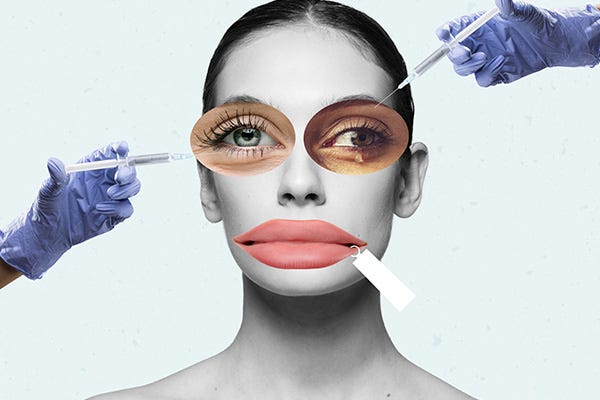
How many times have you found yourself staring at your reflection, wondering if you measure up to the standards set by society? Have you ever scrolled through social media, feeling a pang of inadequacy as you compare yourself to the flawless images flooding your feed? These experiences are all too common in a world where beauty often reigns supreme. The pursuit of perfection can be both intoxicating and destructive. The phrase “pretty hurts” captures this paradox: the societal pressure to meet unrealistic beauty standards frequently comes at a significant cost, not only to our physical health but also to our emotional and mental well-being.
The Weight of Societal Expectations
From a young age, we are bombarded with messages that dictate what is considered beautiful. Media, advertisements, and even social platforms set the tone, showcasing flawless skin, sculpted bodies, and unattainable ideals. For many, these expectations become a standard they feel compelled to achieve. The endless chase for perfection, however, often leads to feelings of inadequacy, self-doubt, and even self-loathing.
The Cost of Beauty
The beauty industry, valued at billions of dollars, thrives on insecurities. It markets products and services as the solutions to perceived flaws. From invasive surgeries to the latest skincare products, people invest significant amounts of time, money, and effort to fit the mould. While some changes can enhance confidence, others may come with lasting consequences, such as health complications from cosmetic procedures or the psychological toll of obsessive comparison.
Mental Health Implications
The impact of striving for beauty is not just skin-deep. Studies have linked the obsession with physical appearance to issues such as anxiety, depression, and body dysmorphic disorder (BDD). Social media—with its filters and curated content—only amplifies these struggles, fostering an environment where self-worth is often tied to likes and validation from others.
The Role of Social Media
Social media platforms have become a double-edged sword in modern society. While they offer a space for connection and self-expression, they also foster an environment ripe for comparison. Users are inundated with images of seemingly perfect lives and appearances, often unaware of the extensive editing or selective portrayal behind these posts. This constant exposure can erode self-esteem and create unrealistic expectations.
The algorithmic nature of social media intensifies these effects. Platforms frequently promote content that aligns with users' interests, inadvertently creating an echo chamber of idealised beauty standards. As individuals compare their unfiltered realities to curated online personas, feelings of inadequacy and dissatisfaction grow, exacerbating mental health struggles.
Moreover, the pressure to maintain an online presence—with likes, comments, and followers serving as metrics of validation—further compounds these issues. The pursuit of digital approval can lead to obsessive behaviours, such as over-editing photos or striving for trends that compromise authenticity. This cycle of comparison and validation often leaves users trapped in a state of perpetual discontent.
Breaking Free from the Beauty Trap
To combat the harmful effects of beauty pressures, it is essential to cultivate self-acceptance and challenge societal norms. This involves:
Redefining Beauty: Embracing the diversity of appearances and recognising that beauty comes in many forms.
Media Literacy: Being critical of the content we consume and understanding that much of what we see is heavily edited or staged.
Prioritising Health Over Aesthetics: Focusing on habits that promote physical and mental well-being rather than conforming to an ideal.
Building a Supportive Community: Surrounding oneself with people who value authenticity and encourage self-love.
Conclusion
“Pretty hurts,” but it doesn’t have to. By shifting our focus from external validation to internal fulfilment, we can break free from the damaging cycle of beauty standards. True beauty lies not in perfection but in self-acceptance and the courage to be authentic in a world that often demands otherwise.
References
1.Widdows, H., PhD. (2024, January 29). Are social media algorithms perpetuating the beauty ideal? Psychology Today. Retrieved from https://www.psychologytoday.com/gb/blog/perfect-me/202401/social-media-and-unrealistic-beauty-ideals
2. American Psychological Association. (2023, February). Social media effects on body image: Evidence and interventions. APA News. Retrieved from https://www.apa.org/news/press/releases/2023/02/social-media-body-image
3. Kaziga, R., Muchunguzi, C., Achen, D., & Kools, S. (2021). Beauty Is Skin Deep; The Self-Perception of Adolescents and Young Women in Construction of Body Image within the Ankole Society. International journal of environmental research and public health, 18(15), 7840. Retrieved from https://doi.org/10.3390/ijerph18157840